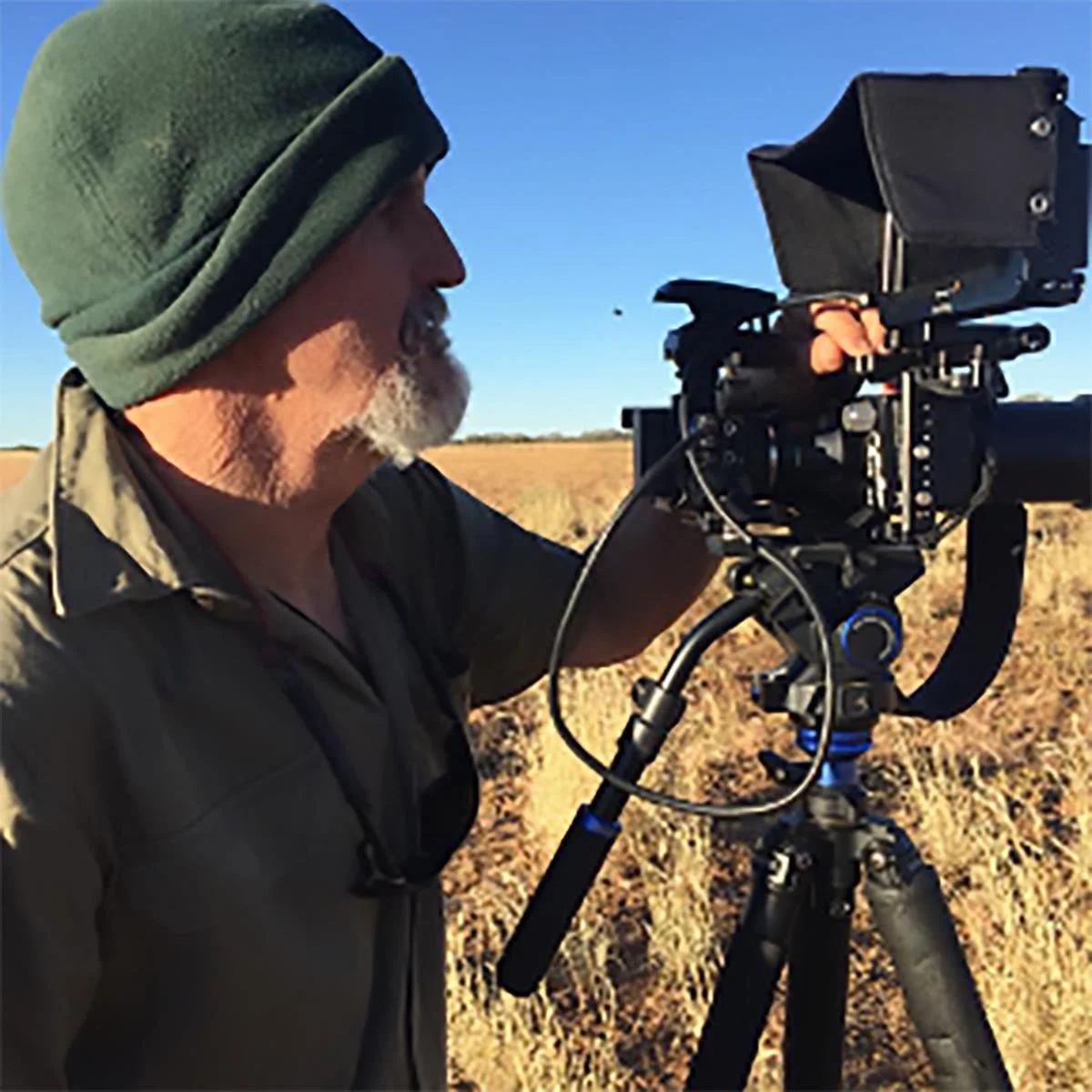WLC Member Spotlight: Geoff Spanner
Wild Lens Collective is a community of talented filmmakers, photographers and biologist who all share the same vision with their work – to help protect the natural world they are so passionate about. We wanted to share some of their journeys into their chosen career paths and why they do what they do and have done so with other Collective members, and today is Geoff Spanner’s turn.
Geoff Spanner now is involved exclusively in nature filmmaking. He has worked in many aspects of filmmaking over the years, including five years as a private college professor (known as a lecturer in Australia). He first started out in still photography and journalism for magazines over twenty years ago. He branched into video production as a sideline about 10 years ago, but now rarely takes still photographs. His work has appeared in several major Australian and international publications. International and Australian conservation organisations have used his still and video work over the years.
Desert Wetlands: Pulse of the Outback was his first full length film. It focuses on the remarkable wetlands of central Australia and the wildlife that thrives there. He began this film four years ago as a personal project because of the ongoing concerns about shale gas extraction throughout this massive area. The film received the Best Ecosystem film award at last years Wildlife Conservation Film Festival. It was also accepted in several other international film festivals.
“Mabi, a most improbable creature” is his latest film centred in the Atherton Tablelands of North Queensland in Australia, where he now lives in the heart of Lumholtz’s tree kangaroo country – we have shared the trailer for on our Facebook page. His other current film, “In-between Forest” will be completed early next year and looks at the unprotected forests that exist on the edge of both rainforest and dry forest.
He believes that film making has an important role to play in educating and inspiring people to care for nature and to act in ways to protect it.
Find out how you can become part of the Wild Lens Collective.

